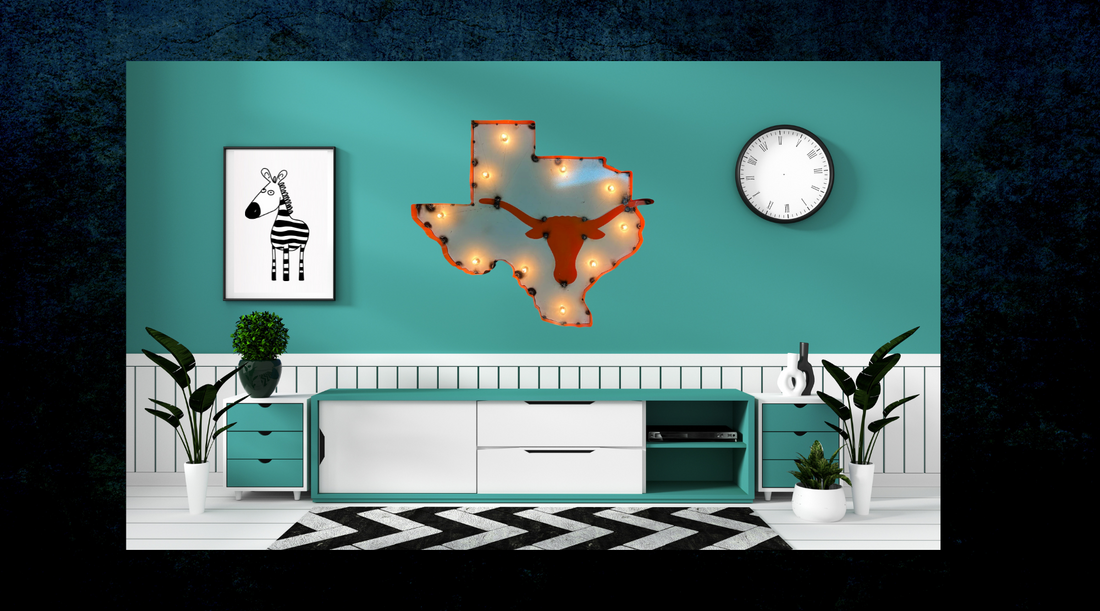
Keep Clutter from Overtaking Your Life
Share
Are your closets brimming with household items? Are you using your garage to store anything but your vehicle? Has every nook and cranny become a catch-all for clutter? Many homeowners believe the solution to clutter is to purchase more – baskets, coat racks, storage units and anything else that will help them stay organized.
 It’s easy for homeowners to accumulate an abundance of items over the years. In order to keep your home clean and contented, it’s important to edit out unnecessary objects. Especially after the holiday gift giving and receiving season, now is a great time to consider donating unwanted items to local charities and help others in your community.
It’s easy for homeowners to accumulate an abundance of items over the years. In order to keep your home clean and contented, it’s important to edit out unnecessary objects. Especially after the holiday gift giving and receiving season, now is a great time to consider donating unwanted items to local charities and help others in your community.
Rather than bringing more items into the chaos, evaluate the items currently overcrowding your home and de-clutter your existing storage spaces. Here’s how to do it.
• Create a habit: By setting aside designated dates throughout the year to sort through storage spaces, you’ll eventually form a new habit. Whether you decide to de-clutter biannually or bimonthly, establish realistic times based on your household and lifestyle. For some, it might be best to align your ‘editing out’ days with the change of each season. Remember to pencil these specific tasks into the calendar. Doing so will increase the likelihood that they are completed on a regular basis.
 • Make it a family affair: While the de-cluttering process isn’t always considered fun, sorting through storage and buried objects can be very nostalgic. For items holding sentimental value, having the family together for one last reflection can provide closure and make it easier to donate or discard. Including your family, especially children, will help them to develop a clutter-avoiding habit, too.
• Make it a family affair: While the de-cluttering process isn’t always considered fun, sorting through storage and buried objects can be very nostalgic. For items holding sentimental value, having the family together for one last reflection can provide closure and make it easier to donate or discard. Including your family, especially children, will help them to develop a clutter-avoiding habit, too.
• Reflect, and then make a purchase: When you’re shopping and you spot something of interest, it’s easy to immediately justify the purchase. Consider its purpose instead. Is it serving as an aesthetic piece? Is it replacing something outdated? What about its placement — will it be in the open on your fireplace mantle or end up shoved in a storage bin? Use these reflections to dictate whether a purchase should be made, and establish a rule to refrain from buying excess goods. A good rule of thumb: for every two items purchased, one pre-loved item in the same category must be donated or discarded.
 • Take 10 minutes a week: Beyond the designated times per year, take ten minutes each week to quickly evaluate what areas of your home need to be tackled and if there is anything simple you can do now to relieve the process in the future. Checking your kitchen pantry or refrigerator for expired goods will save you an enormous amount of time when the big clean-up rolls around.
• Take 10 minutes a week: Beyond the designated times per year, take ten minutes each week to quickly evaluate what areas of your home need to be tackled and if there is anything simple you can do now to relieve the process in the future. Checking your kitchen pantry or refrigerator for expired goods will save you an enormous amount of time when the big clean-up rolls around.
